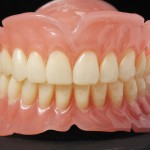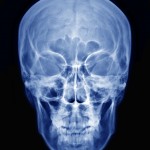
Bulimia nervosa (BN) is an eating disorder; the diagnosis of which requires: persistent preoccupation with eating and an irresistible craving for food, episodes of overeating in which large amounts of food are consumed over a short period of time and potentially attempts to counteract the “fattening” effects of food by self-induced vomiting or laxative abuse. [read the full story…]









